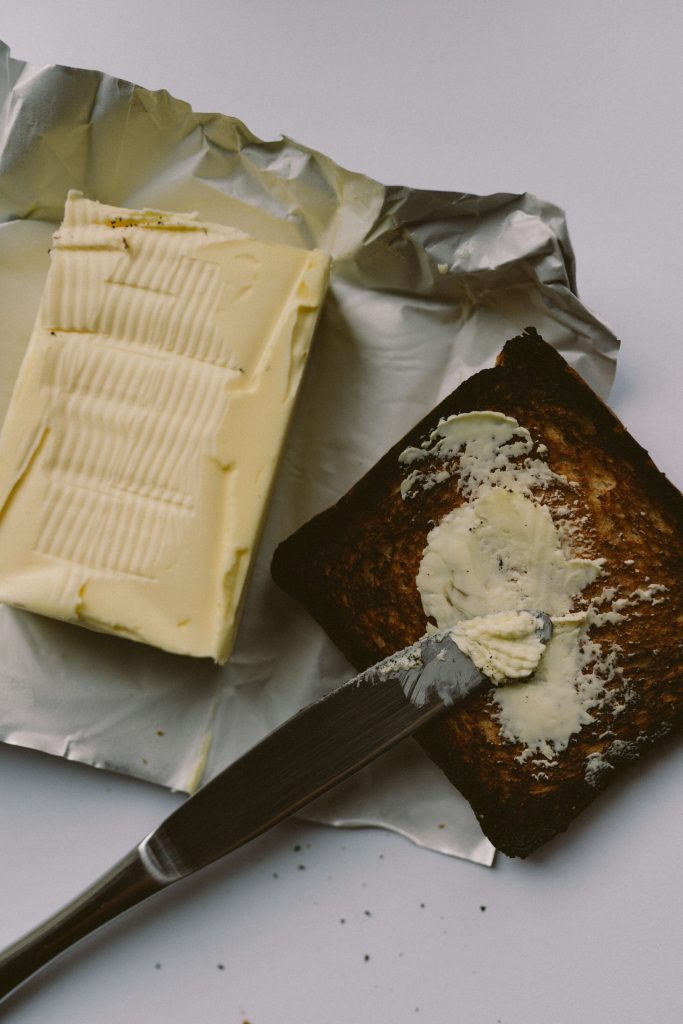Butter is one of those everyday kitchen staples we don’t give much thought to – until it tears a hole through your slice of fresh bread because it’s rock-hard from the fridge. The big question is: should butter live on the counter or in the fridge?
Read more: 5 ways to use leftover buttermilk
The answer isn’t one-size-fits-all – it depends on the type of butter you buy, how hot your kitchen gets, and how quickly you use it:
Butter is mostly made up of fat, which naturally makes it quite resistant to bacteria. That’s why, unlike milk or cream, it doesn’t immediately spoil if left out. Salted butter in particular has a longer life, thanks to the salt acting as a natural preservative. Unsalted butter, on the other hand, is far more delicate and needs more care.
When it’s fine to keep butter on the counter
If you use salted butter and go through it fairly quickly, you can happily keep a small block or a few tablespoons out on the counter. This keeps it perfectly soft and spreadable for toast or sandwiches – no more wrestling with the bread knife.
That said, South African summers can get hot. If your kitchen warms up beyond the mid-twenties (°C), your butter can turn oily and spoil faster. In that case, only leave out what you’ll use within a day or two and keep the rest in the fridge.
Pro tip: store your butter in a covered butter dish or, if you want to go the extra mile, a butter crock. This keeps out excess light and air, which are the main culprits behind rancid butter.

When it’s better in the fridge
Unsalted butter, whipped butter, or any butter made at home should always be stored in the fridge. These types don’t have the same salt protection, and they’ll spoil faster if left out.
For store-bought butter, the fridge is the best long-term option. Just make sure you keep it in its original wrapping or in an airtight container to prevent it from absorbing other fridge smells (nobody wants their butter tasting faintly of last night’s curry). Store it at the back of the fridge, where the temperature is most consistent – not in the door.
If you need it soft, take it out about half an hour before using. By the time your bread is toasted or your scones are baked, your butter will be perfectly spreadable.
How to tell if butter has gone bad
Trust your senses. If your butter smells sour, tastes off, or has developed a strange texture, it’s time to let it go. Fresh butter should always taste creamy, with no odd aftertaste.
So, fridge or counter?
Think of it like this: salted butter can sit out for a day or two in cooler weather, but the fridge is always the safest bet – especially in South African heat. The best compromise? Keep your main stash in the fridge and a small portion on the counter for everyday use. That way, you get the best of both worlds: safe, fresh butter and spreadable bliss on your morning toast.
ALSO SEE: BUTTER, MARGARINE, AND GHEE: WHICH ONE SHOULD YOU BE USING?
Butter vs. Margarine vs. Ghee: Which one should you be using?
Images: Pexels

